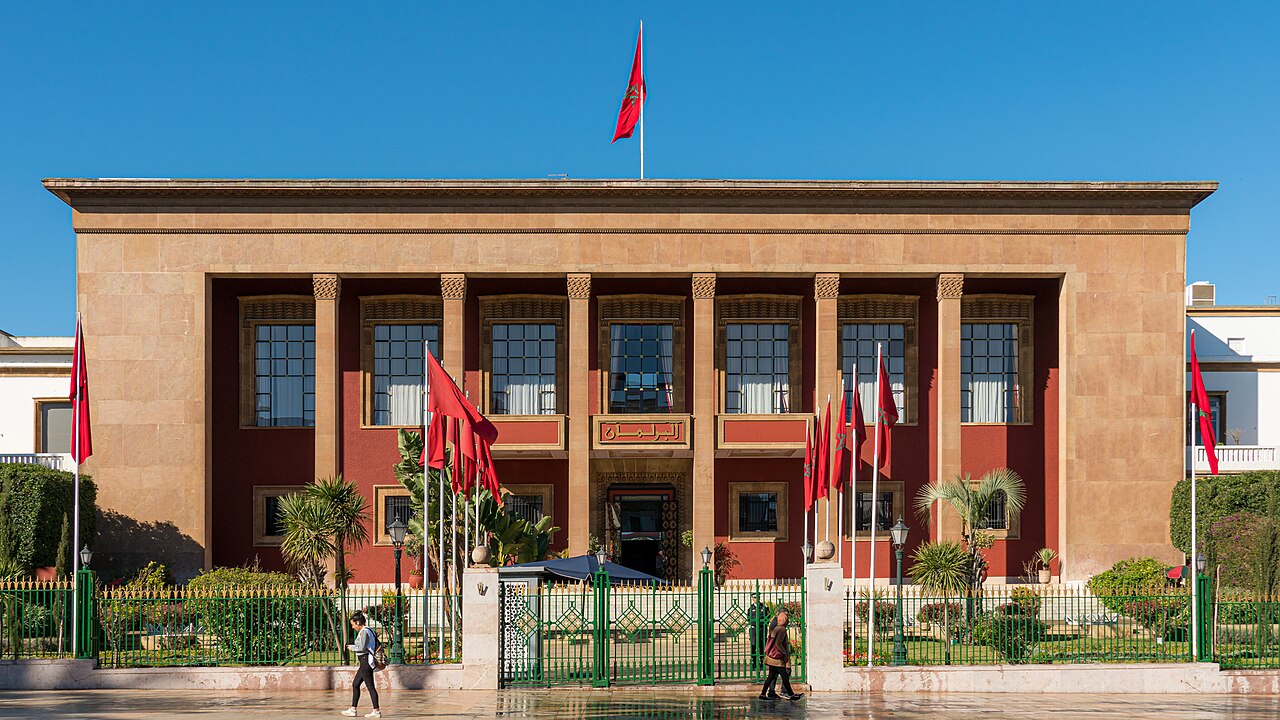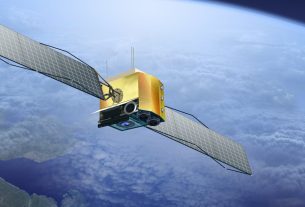Morocco Partners with Nokia and Ericsson to Advance Digital 2030 Vision
In a strategic move to accelerate its digital transformation, the Moroccan government has signed separate Memoranda of Understanding (MoUs) with telecom giants Nokia and Ericsson. The agreements are part of Morocco’s Digital 2030 strategy, aimed at expanding high-speed connectivity, fostering local innovation, and enhancing digital skills among youth and entrepreneurs.
Nokia: Expanding Digital Infrastructure and Local Innovation
As reported by Developing Telecoms, Nokia’s MoU with the Ministry of Digital Transition and Administration Reform includes a multi-pronged approach to support Morocco’s digital infrastructure and skills ecosystem.
The partnership builds on the work of the Nokia Innovation Center, inaugurated in 2023, which will serve as a hub for research, talent development, and tailored digital solutions. The center will also contribute to the Ministry’s Al Jazari program, which promotes technological excellence and local innovation.
Nokia will support national initiatives such as the High Debit Plan, infrastructure sharing strategies, and will provide consultancy for 5G deployment and fiber optic network expansion—key enablers of Morocco’s connectivity ambitions. Additionally, the firm has committed to training Moroccan youth in ICT, telecommunications, and emerging technologies through internationally certified programs.
The company also intends to contribute expertise to enhance user experiences during major upcoming events hosted by Morocco, including the 2025 Africa Cup of Nations (AFCON) and the 2030 FIFA World Cup.
Ericsson: Empowering SMEs and Entrepreneurs with Digital Skills
On a parallel track, Ericsson signed an MoU with the Ministry of Economic Inclusion, Small Business, Employment and Skills (MIEPEEC). According to Ericsson, the partnership will focus on extending the company’s global educational programs to Moroccan entrepreneurs and small businesses.
The initiative is aimed at equipping participants with 21st-century digital skills that support inclusive economic participation and innovation across sectors. Ericsson stated that its collaboration is designed to complement MIEPEEC’s broader objectives of promoting small business growth and digital transformation through accessible tools and resources.
Ericsson has also previously hosted “Technology Days” in Morocco, showcasing the role of 5G in modernising key sectors like manufacturing, logistics, and sports.
Digital Morocco 2030: Broader Goals
The MoUs reflect Morocco’s commitment to strengthening its digital economy and human capital development. Under the Digital Morocco 2030 framework, the country aims to significantly expand broadband access, achieve large-scale 5G deployment, and support innovation ecosystems through public-private collaboration.
Both partnerships underscore a larger trend of aligning national digital strategies with global technology expertise to meet the needs of rapidly evolving economies.
Sources:
- John Tanner, DevelopingTelecoms.com
- Ministry of Digital Transition and Administration Reform (Morocco)
- Ministry of Economic Inclusion, Small Business, Employment and Skills (MIEPEEC)
- Public statements by Nokia and Ericsson, 2024–2025
Moroccan Parliament Building, Rabat on Wikimedia by Fernando Pascullo



